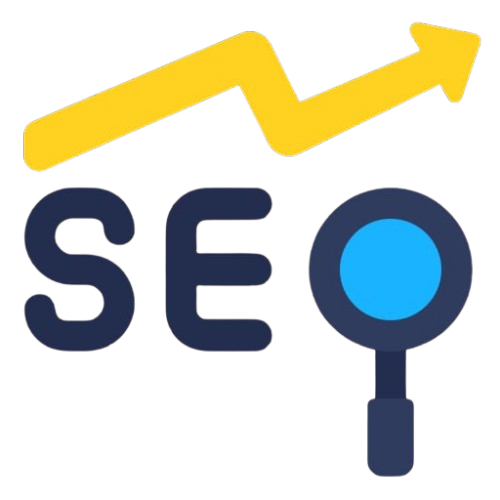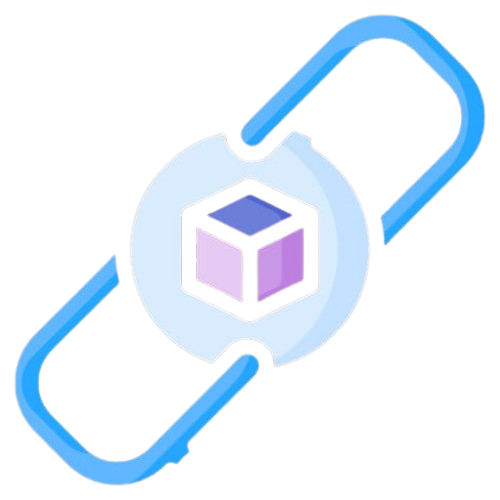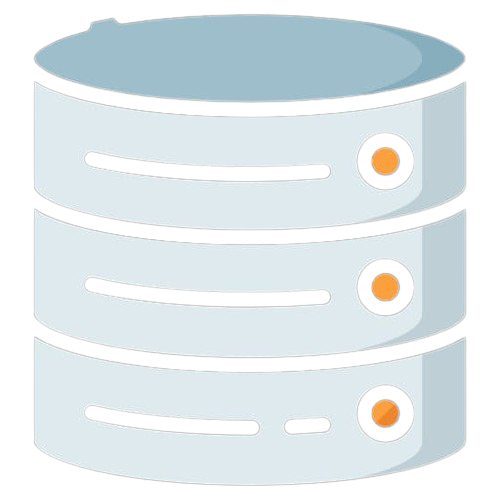Empowering Businesses with
Cutting-Edge Technology
Build your website and software solutions with us.
Get in touchBuild your website and software solutions with us.
Get in touch
Web Development
App Development

Cloud Solutions

Cyber Security

AI & ML

SEO

Marketing

Helpdesk

UI/UX Design

E-commerce

Blockchain

DevOps

Software Testing

Database

IoT Solutions
At Kenzou, we mix creativity with cutting-edge tech to build next-gen websites, apps, and software that make real impact.
We don’t just code – we create digital experiences. 🚀
To know more about our company
Explore More
Developers
Projects Completed
Mobile Apps
Client Satisfaction
Premium Quality Websites & Mobile Apps
100% Customized Solutions for Your Business Needs
Transparent & Competitive Pricing — No Hidden Costs
Strict Deadlines with Guaranteed On-Time Delivery
Discover the voices of satisfaction from our valued customers at Kenzou. Read their testimonials and experiences about our exceptional website design and development services.
⭐⭐⭐⭐⭐
Loved the overall service and experience provided from the team. Web Design Team was patient, ready to take on challenging tasks and delivered his asks well in time.

Ecommerce Website
⭐⭐⭐⭐⭐
I engaged Kenzou Solution for website services, and my experience was excellent. Developer crafted the website exactly as I envisioned.

Hospital Website
⭐⭐⭐⭐⭐
Kenzou's team is amazing. They delivered our cloud-based app quickly and were super responsive to feedback. Highly recommend for startups!

Cloud App
⭐⭐⭐⭐⭐
Fantastic UI/UX delivered by Kenzou. Their design team really understands the importance of user flow and brand aesthetics.

UI/UX Design